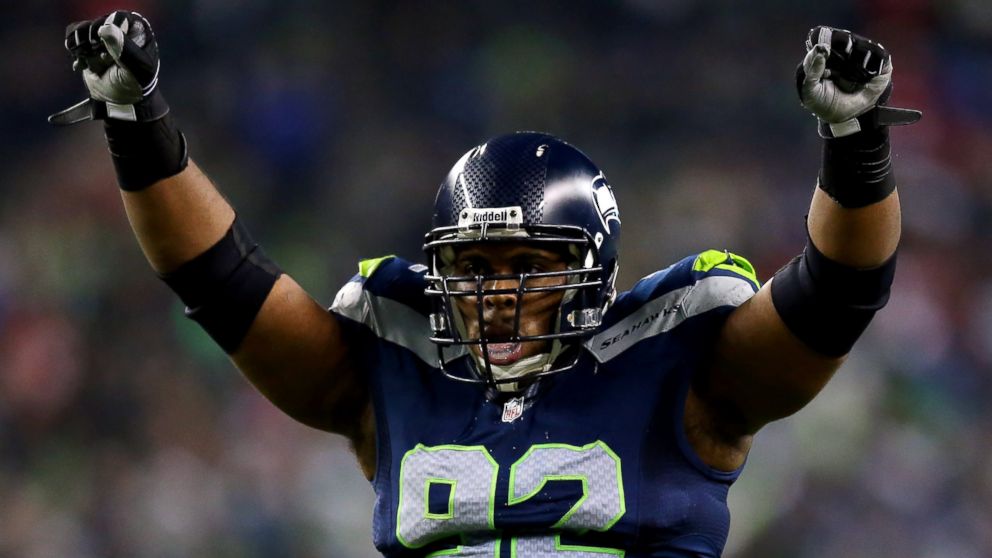Blame Evolution, Not Athletes for Strutting Their Stuff
Fist pumps, chest thumps are innate displays of domination, scientists say

Jan. 26, 2014— -- David Matsumoto knows exactly what to expect as the National Football League wraps up its season with the Super Bowl and athletes from around the world journey to Russia for the 2014 Olympics.
It will be the same, no matter what the sport, and it all happens in the first couple of seconds after some athlete throws a touchdown pass, or wins the downhill slalom. Blame it on evolution.
The victors will all speak the same language, and it has been shared by all humans since the first hunter came home with a prize thousands of years ago. He was no doubt the toast of the clan, and he realized that somebody needed to be in charge.
He had made sure, as soon as he scored the kill, that everybody knew he was the biggest, baddest dude in the cave.
Within a couple of seconds after slaying the beast, he had stood with his arms raised, chest pumped out, fists clinched, clear signs that he was the boss.
That will happen over and over in the coming weeks, whether the victor is a male or a female, a running back or a judo champ, even if he or she is blind. That's because the winner didn't learn these maneuvers. They came from within, an involuntary expression that is shared by animals ranging from roosters to quarterbacks.
So says Matsumoto, a psychology professor at San Francisco State University who holds a black belt in judo. He has spent decades studying human behavior during the first two or three seconds following an athletic victory.
In his latest study, published in the journal Motivation and Emotion, he produces evidence that the very first reaction by a winning athlete is an attempt to express dominance over his victim.
That stems from early in human history when it was necessary for someone to establish status and hierarchy within a group so that the group could operate efficiently.
"Subordinates, in particular, learn their places," the study notes.
"That's true for humans as well as any other animal species on the planet," Matsumoto said in a telephone interview.
He isn't talking about the "strutting, the dance, and all that weird stuff" that viewers will see over and over again as the football season draws to a close.
That happens a few seconds after "the puffing out, the enlarging of the chest, the fist pumping the air, the grimace on the face, the shout just moments after the actual achievement," he added.
Matsumoto's findings are based on research carried out during judo competition over the last three Olympics. He was in an unusual position to conduct the research because he was a coach for the U.S. team in 1996 and 2000 and an on-scene official of the International Judo Federation in 2004 and 2008.
Matsumoto and his colleagues analyzed thousands of still photos, shot in rapid sequence, and videos captured for live broadcast, revealing the actions of the winners the instant they realized they had actually won.
They showed nearly the same result every time -- the victors trying to make themselves appear bigger, tougher and more aggressive than their opponent.
The researchers claim that bit of showmanship was innate, not something the athletes had learned by watching others on television. How do they know that?
During the 2004 Paralympics the cameras focused on 76 judo athletes from 25 countries. All the winners displayed signs of dominance as soon as they knew they had won, regardless of which culture they were from. That's significant because they all had one thing in common.




